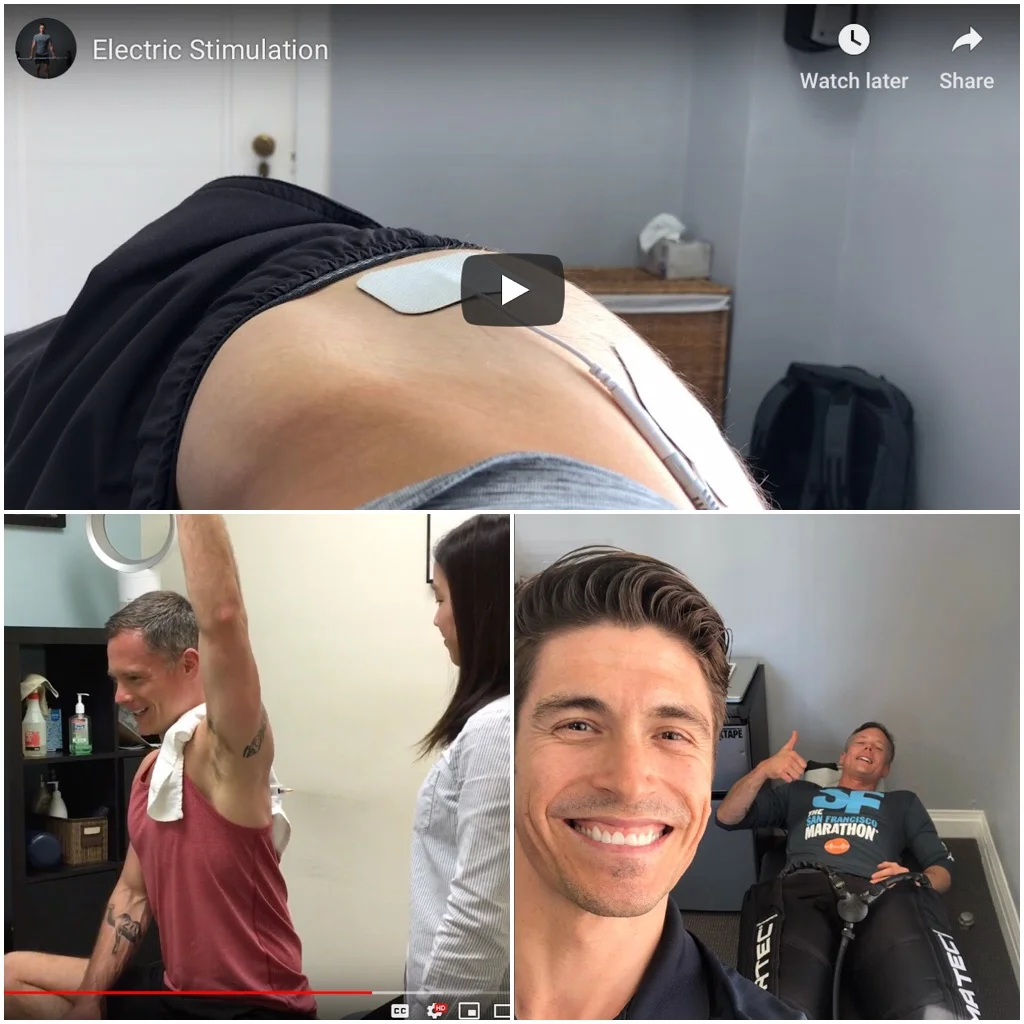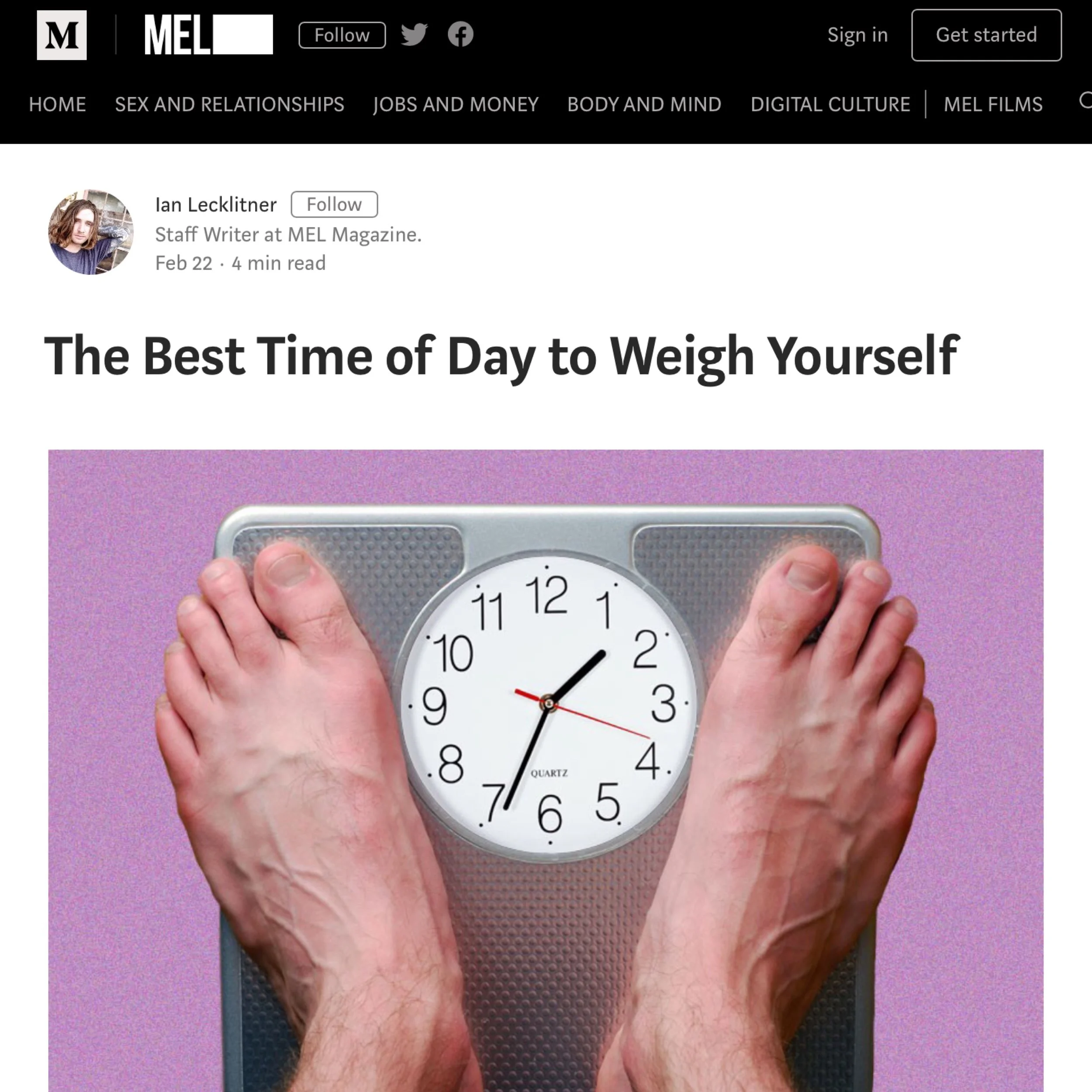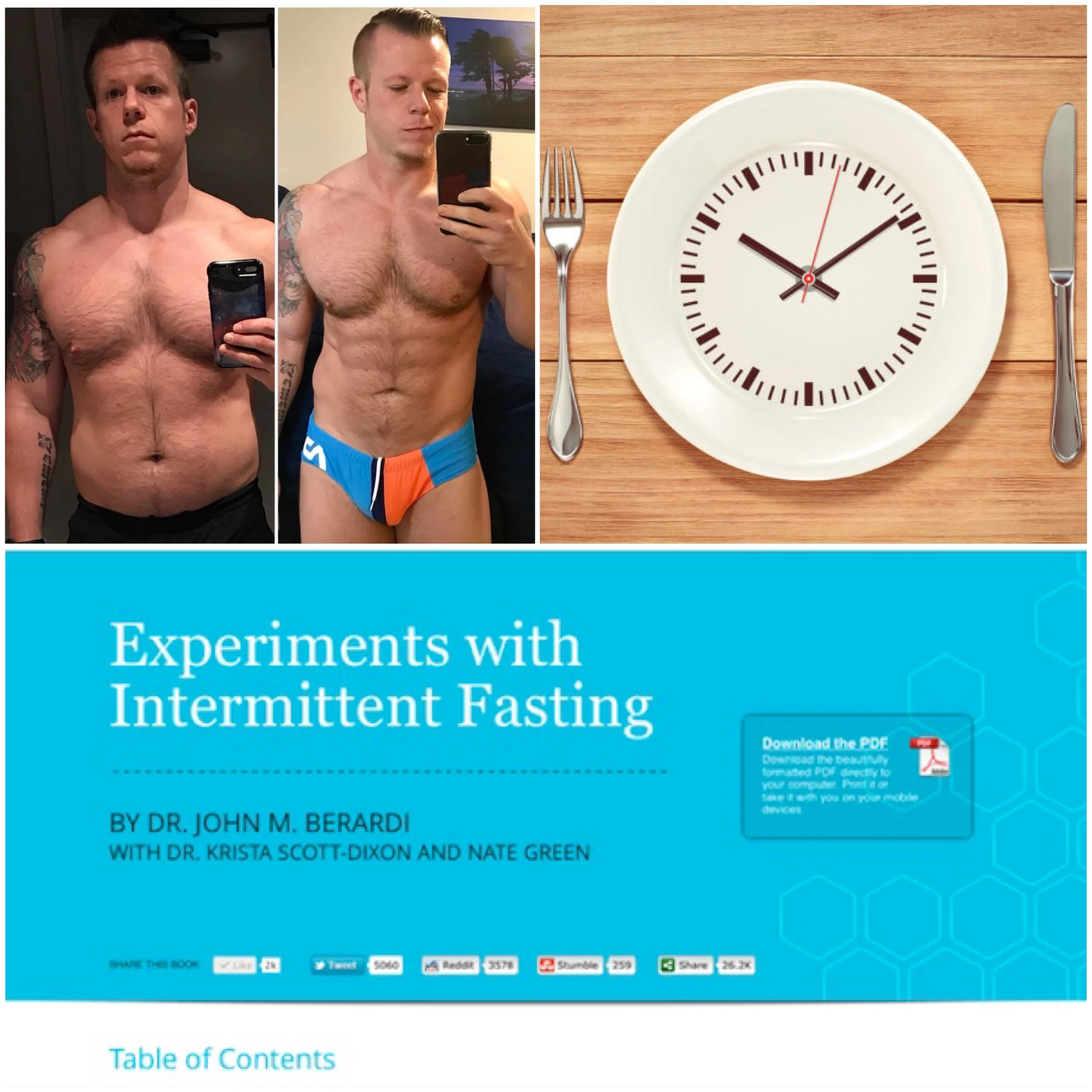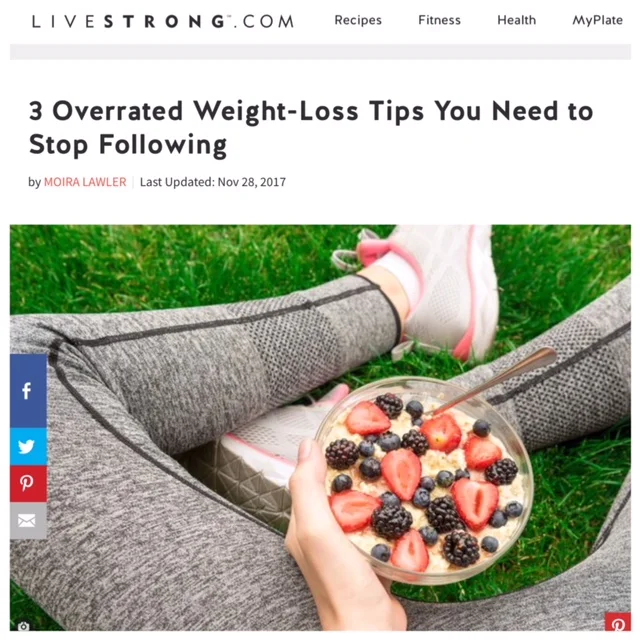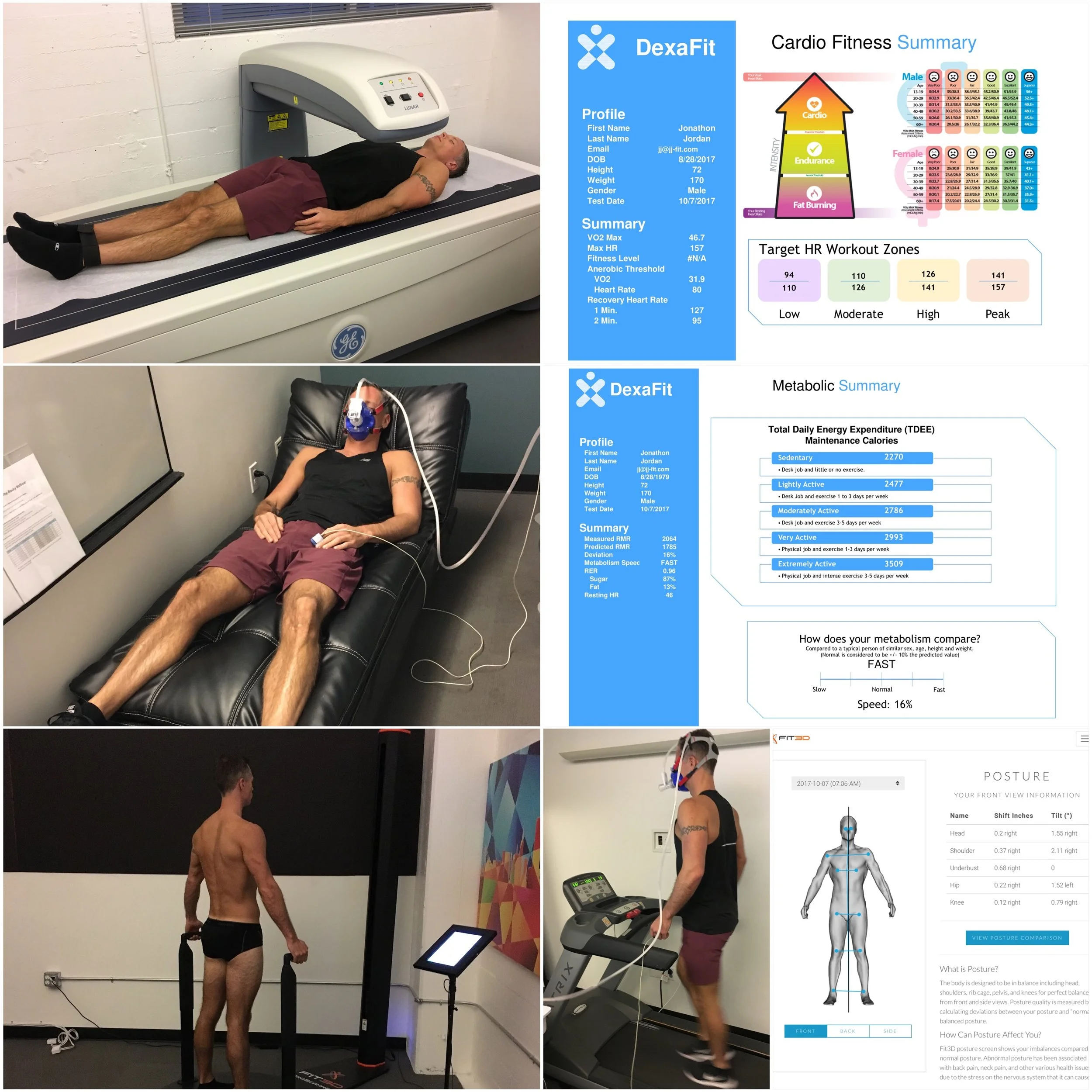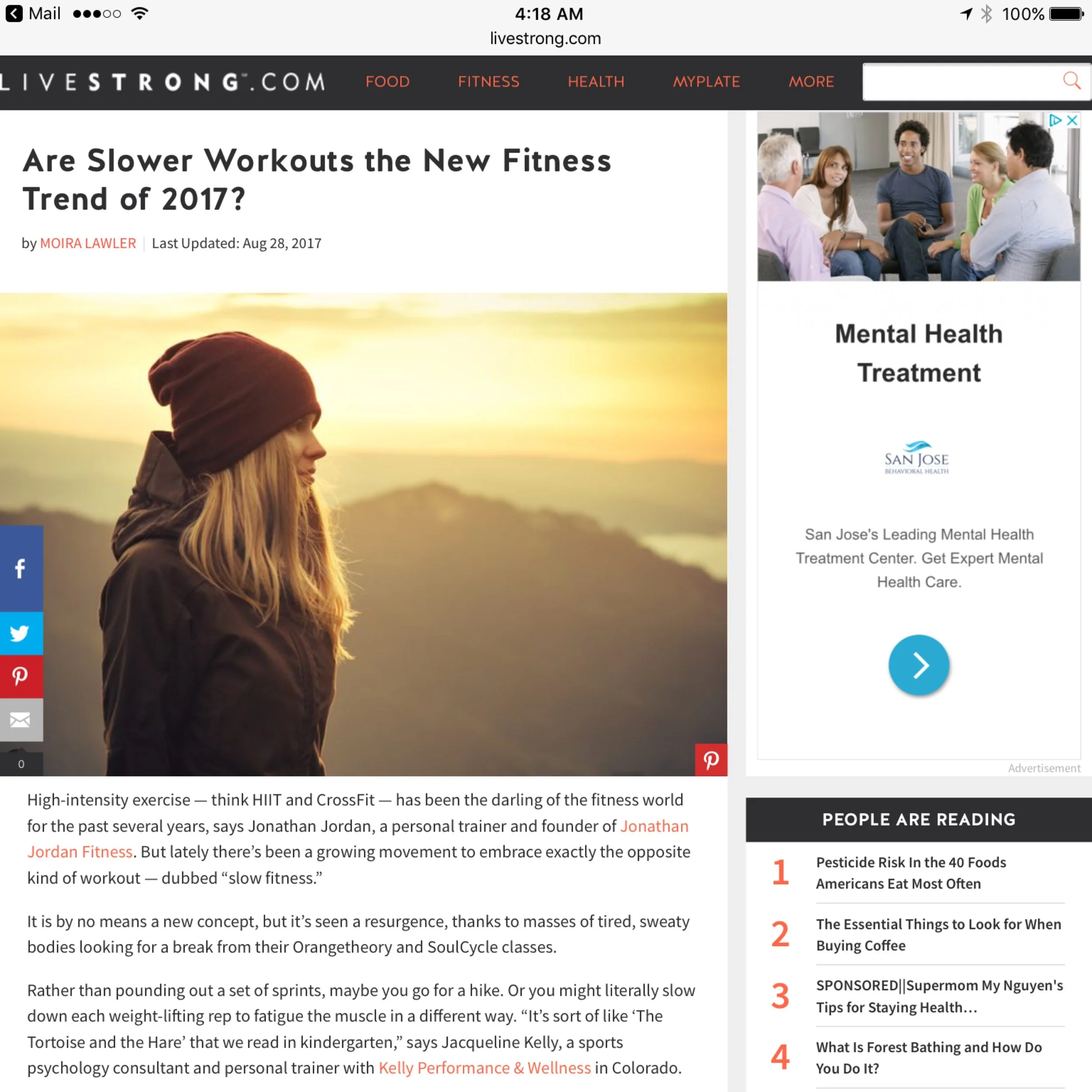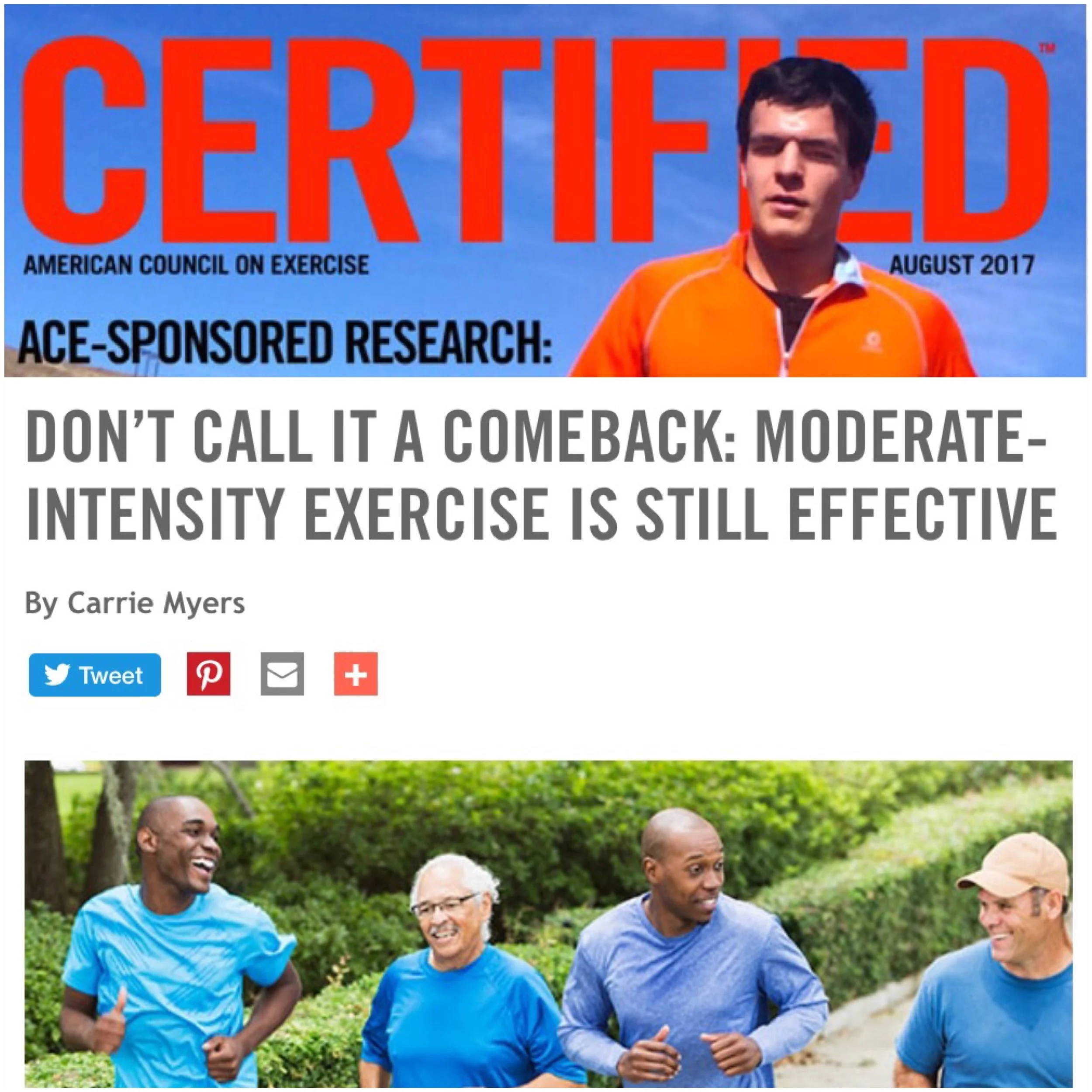Meditation 101
/Many of us know we should probably meditate more to help reduce stress, improve brain functioning and even to reduce pain. But like lots of good intentions we forget, get frustrated or just flat out don’t know where to start. Here’s a little secret: you can meditate for as little as two minutes a day and you don’t have to do it perfectly. In this post I share the highlights from one of my most popular corporate wellness workshops: Meditation 101. With an open mind, patience and consistency anyone can begin to benefit from this mindfulness practice.
Read More


